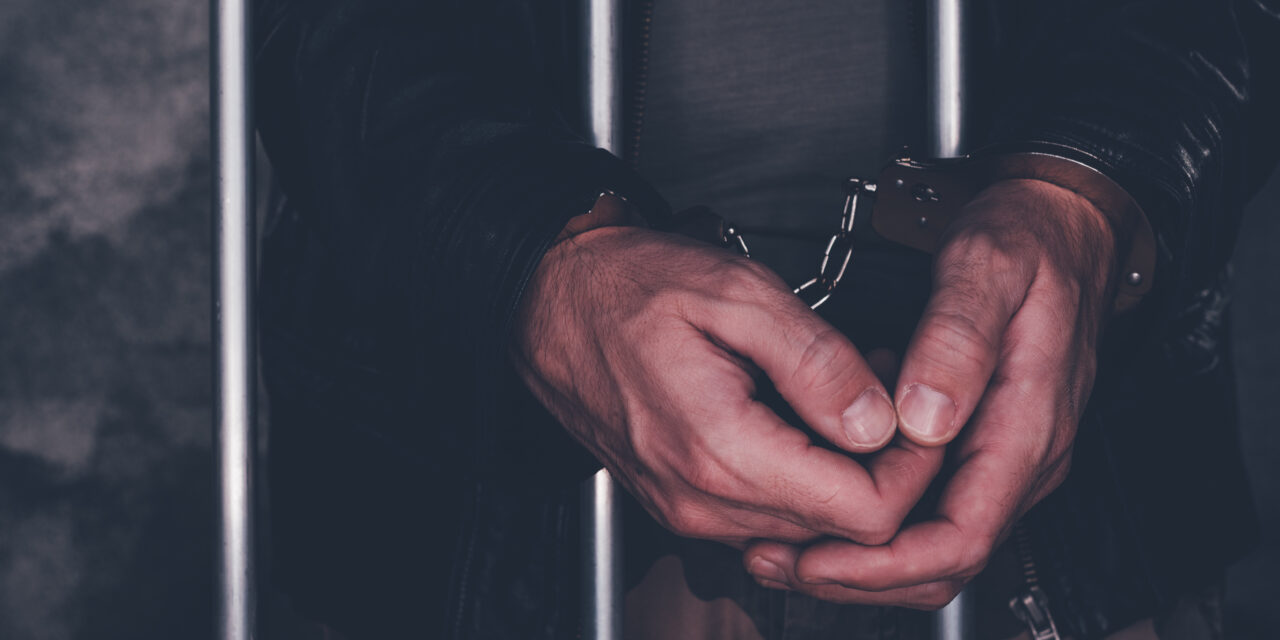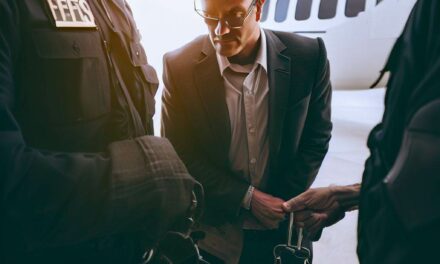Bankman-Fried Agrees to Voluntary Extradition. But What Could He Have Done to Stay in the Bahamas?
It’s possible to avoid extradition in many cases. While Sam Bankman-Fried has decided to voluntary extradition to the US I want to take a look at what he could have done to avoid extradition.
Sam Bankman-Fried was the CEO and largest shareholder of the crypto exchange FTX. After the collapse of the exchange and the loss of billions of dollars in client funds, Bankman-Fried was arrested in The Bahamas. He faces extradition proceedings in The Bahamas to be returned to the US for prosecution. A judge in Bahamas refused to release him on bail last week. He’s currently in prison in The Bahamas waiting the formal extradition request from The United States. Today he agreed to be voluntarily extradited to the United States.
Using the Extradition Process is a Valid Defence Strategy
The Extradition process is a valid defence strategy. Prosecutors will use every tool at their disposal to have someone prosecuted and locked up for a long time. A defendant has every right to use whatever legal strategies he has at his disposal to avoid extradition. Extradition can be a key tool and can offer serious advantages to the defendant. Even if he ends up being extradited or returned voluntarily.
Bankman-Fried clearly thinks he has a better chance of getting bail in the US than in The Bahamas. A deal with prosecutors to return voluntarily and get bail in the US may have been done. This may have been more appealing to Bankman-Fried than spending months in a Bahamian prison attempting to avoid extradition.
Are the Crimes Covered by the Extradition Treaty Extraditable Offences?
The Bahamas and The United States have an extradition treaty that was signed back in 1990. You can see it here. For someone to be extradited the offence they’re accused of must be a crime in both jurisdictions. He has been accused of fraud, conspiracy to defraud and conspiracy to violate federal election laws. The fraud charge, for sure, will be a crime and therefore an extraditable offence in both The Bahamas and the US. It’s less clear that the conspiracy charges and the election law violations will be offence in The Bahamas. His lawyers in The Bahamas will be looking closely at this.
If he’s only extradited on the fraud charges the US authorities won’t be able to continue with the other charges after he’s returned to the US.
Where were the crimes committed?
Another key point Bankman-Fried’s lawyers will be considering is where the alleged offences were committed. Part of FTX’s business was located in The Bahamas. If the crimes were committed there he should be prosecuted there and not on the US. Most defendants would prefer to be prosecuted outside the US. Sentences for white collar crimes outside the US are a fraction of what they are in the land of the free. His lawyers may be pushing hard for him to be prosecuted in The Bahamas as a strategy to avoid extradition. The US would be unable to extradite him if he’s prosecuted for the same crimes in The Bahamas.
Is he a Bahamas Citizen?
The extradition treaty between The US and The Bahamas doesn’t exclude extraditing their own citizens. Many countries prohibit the extradition of their own citizens. Had Bankman Fried got himself a passport from Brazil or Portugal before his alleged crimes were committed it would be impossible to extradite him from those countries.
Citizenship of The Bahamas takes 10 years to get, so it’s unlikely that he has Bahamian citizenship. Even if he does it doesn’t seem that it’ll help him much.
Deportation Risk
Deportation is always a bigger risk for the accused than extradition. Assuming Bankman-Fried was living in The Bahamas legally they won’t be able to deport him. He’s entitled to a full extradition hearing.
Grounds for Refusal
Extradition is never guaranteed. In a high profile politicised case it may seem more likely that a small jurisdiction like The Bahamas will cave into the United State. But with access to huge resources and the best lawyers, anything can happen. There are numerous grounds that extradition could be refused. This includes things like the length of the likely sentence and prison conditions in the US.
A British judge refused the extradition request of the US for Julian Assange on the grounds that he’d likely commit suicide due to the US prison conditions. This was later overturned on appeal after the US made representations about the conditions that Assange would be held in. Bankman-Fried’s defence team will be aware of this. He’s already made claims about his mental condition.
How Long Will it Take
Extradition cases can take years. Unless he agrees to return voluntarily he can’t be sent back to the US until the full appeals process has ended. The internet mogul, Kim Dotcom, has been fighting extradition from New Zealand to the US for more than 10 years. If Bankman-Fried is released on bail in The Bahamas he will want to slow down the process as much as possible.
Political Pressure
Bankman-Fried’s case is high profile. It’s been the subject of international news headlines. There’s no doubt there’ll be political pressure to get it resolved quickly. But the law must be followed in The Bahamas. Assuming Bankman-Fried still has access to vast resources his lawyers may be able to combat the inevitable political pressure to send him to the US at the earliest opportunity. Most extradition cases are not high profile like this and subject to political pressure.
Conclusion
The first task of Bankman-Fried’s defence team will be to get him out on bail. When they’ve achieved this they’ll try to stall things for as long as possible. The US government has a tight deadline to present its full extradition request and lay out its case. It must file a formal extradition request within 60 days of the accused’s detention. If they fail to do this he’ll be released automatically. If his lawyers can get him out on bail, expect Sam Bankman-Fried to pursue every legal strategy to avoid extradition.
Sam Bankman-Fried obviously hasn’t enjoyed his short stay in a Bahamian jail. He’s agreed to return to the US voluntarily where he must fancy his chances of being released on bail. He’ll then have years to prepare his defence before any trial occurs.






